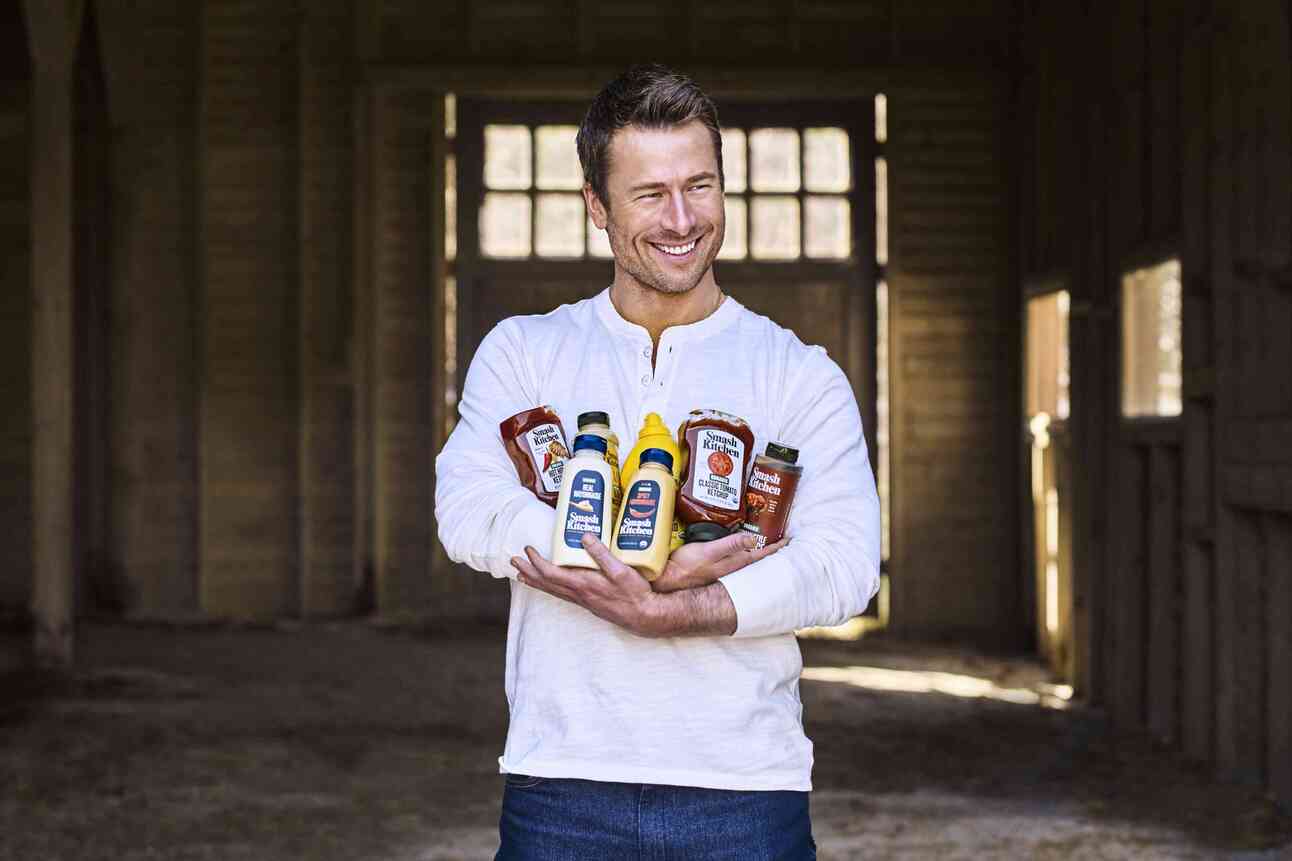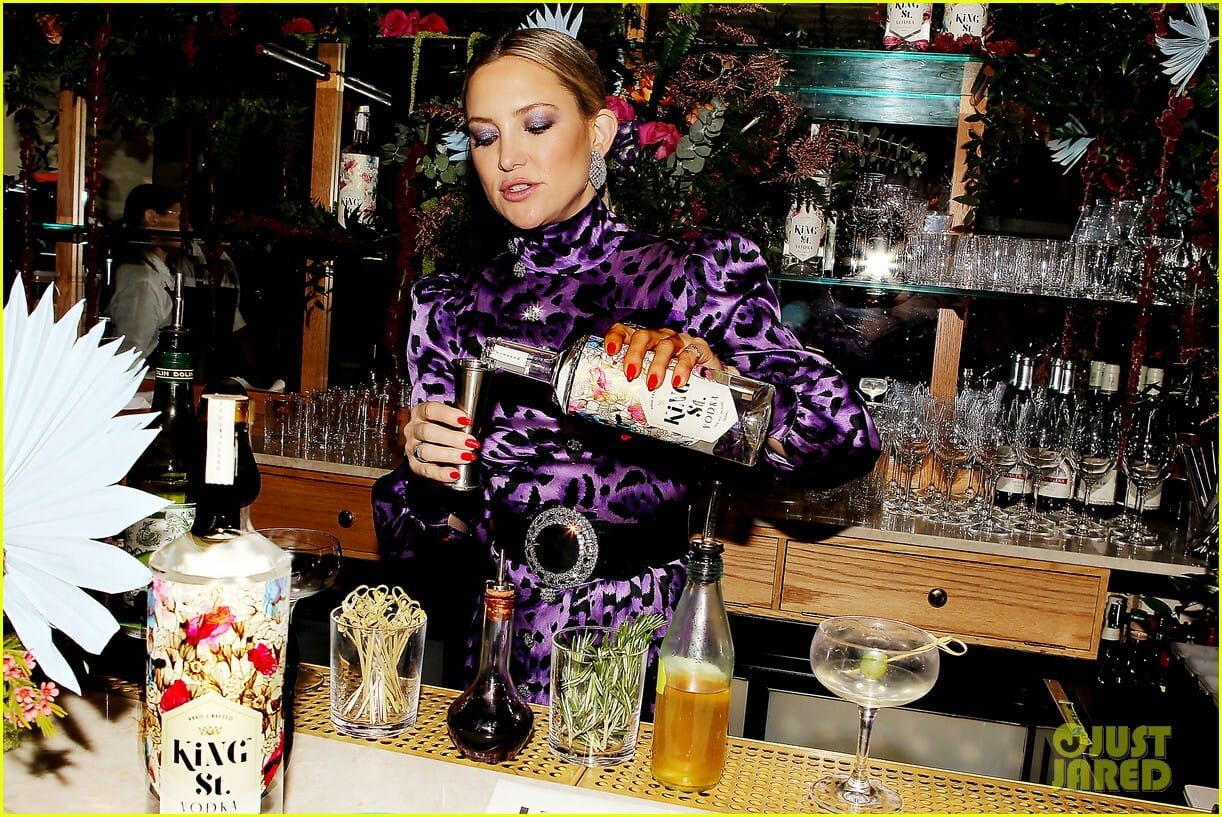- Mighty Consumer Notes
- Posts
- Can Glen Powell’s Smash Kitchen Break into Condiment Aisle
Can Glen Powell’s Smash Kitchen Break into Condiment Aisle
How will the Superstar's Brand Perform in the highly crowded sector
Glen Powell is everywhere lately — romantic comedies, action blockbusters, and now... your fridge? The Top Gun: Maverick, Anyone But You, and Twisters star just launched Smash Kitchen, a line of better-for-you condiments inspired by his Texas upbringing and family BBQ rituals.
The brand kicks off with classics like ketchup, mustard, mayo, and BBQ sauce — plus Texas-inspired twists like Hot Honey Ketchup and Spicy Mayo. The products are made with clean, organic ingredients, priced under $5, and distributed exclusively at Walmart. The pitch? Big flavor, zero junk, and no mystery ingredients.

Powell’s involvement with Smash Kitchen appears to go beyond surface-level celebrity branding. He’s positioned not merely as a spokesperson, but as a founder with a personal stake in the product. Drawing on his family’s long-standing tradition of experimenting with homemade sauces, Powell has framed Smash Kitchen as an extension of his Texas upbringing — where food was central to connection and identity. In media interviews, he’s emphasized both the authenticity of the inspiration and his desire to create cleaner versions of the staples he grew up with.
Notably, there’s even a personal narrative arc at play: once a self-professed ketchup skeptic, Powell now claims to have crafted a version he genuinely enjoys.
However, despite Powell's thousand-watt smile, can Smash Kitchen succeed in a crowded condiment aisle? The brand faces an uphill battle, as first movers in the space already have loyal followings and have secured substantial exits or raised private equity at large valuations.
Leading Players
Primal Kitchen (Founded 2015)
Pioneer of clean condiments focused on Paleo, Keto, and Whole30 lifestyles
Known for sauces made with avocado oil and no added sugar
Acquired by Kraft Heinz in 2018 for approximately $200 million
Sir Kensington’s (Founded 2010)
Condiment brand offering non-GMO, chef-inspired ketchups, mayos, and mustards
Acquired by Unilever in 2017 for a reported $140 million
Truff Hot Sauce (Founded 2017)
Premium hot sauce made with truffle oil
Received an $80M private equity investment from SKKY Partners in 2024Further, the better-for-you condiment space has several trending entrants:
New Entrants with Momentum
Ayōh Mayo by Molly Baz – A chef-led, DTC mayo brand with bold, nostalgic flavors and Gen Z appeal
Cloud 23 by Brooklyn Beckham – A design-forward, organic hot sauce sold exclusively at Whole Foods
Fly By Jing – A premium Asian pantry brand with cult-favorite Sichuan Chili Crisp
Sienna Sauce – A Gen Z-founded BBQ sauce brand with low-sugar, gluten-free options now in national retail
Bachan’s – A Japanese BBQ sauce brand that uses non-GMO ingredients and cold-fills its sauces for freshness
Haven’s Kitchen – A line of globally inspired, refrigerated squeeze sauces made with whole ingredients (e.g., chimichurri, herby yogurt)

Molly Baz’s Ayoh Mayo
Where Celebrity Brands Lose
In today’s consumer environment, celebrities can no longer slap their name on a product or do a few photo shoots and expect supercharged sales. That inauthentic playbook is expired. Nowhere is this more evident than in the alcohol space, where early hype around celebrity-backed brands has given way to consumer skepticism. Buyers are more discerning — they expect real founder involvement, product integrity, and storytelling that feels genuine.
While some brands like Teremana (Dwayne “The Rock” Johnson) and Aviation Gin (Ryan Reynolds) have found major success by leaning into authenticity and hands-on marketing, many others haven’t fared as well. Below are some notable examples of celebrity alcohol brands that failed to gain traction:
Virginia Black Whiskey (Drake) – Despite the star power, the brand failed to make a meaningful impact in the crowded whiskey category. Limited differentiation, vague branding, and lack of a clear narrative led to fizzling interest over time.
King St. Vodka (Kate Hudson) – Launched as a clean, female-forward craft vodka, King St. struggled to stand out in a saturated market. Despite Hudson’s branding push, the product saw limited retail presence and has largely gone quiet since its 2019 debut

Kate Hudson’s King Street Vodka
The Challenge for Smash Kitchen
It might be hard for Smash Kitchen to compete with brands like Ayōh and Cloud 23, where founders Molly Baz and Brooklyn Beckham are already recognized as food influencers. Similarly, brands like Haven’s Kitchen, Bachan’s, and Fly By Jing are driven by founders who are outspoken about how their products celebrate specific food cultures. Compared to these origin stories, Powell’s clean-label BBQ nostalgia is broader — and potentially less distinct.
And let’s be honest: how many buckets of fries with spicy ketchup is the Sexiest Man Alive runner-up actually eating?
To stand out, Smash Kitchen will need to carve out its own unique lane — not just in flavor, but in brand strategy and storytelling.
How Smash Kitchen Could Win
Authenticity: Powell didn’t white-label some random sauce — Smash Kitchen comes from his family table, Texas BBQ traditions, and a mission to clean up the processed sauces of his childhood.
Mass-Market Strategy: While others launch boutique or DTC, Smash Kitchen went straight to Walmart — instant scale, and a chance to win with families with taste, price, and purpose.
Flavor-First Positioning: This isn’t just about wellness — it’s wellness plus bold flavor. The Hot Honey Ketchup doesn’t hold back.
Powell’s Likeability: He’s having a cultural moment, and his friendly, unpolished charm adds relatability to the brand.
Retail Execution: Strong in-store displays, smart packaging, bundle packs, and promotions could help Smash Kitchen own the shelf at Walmart and expand.
Next Steps
Smash Kitchen isn’t a guaranteed success— but it’s far it seems far from a throwaway celebrity vanity project. Glen Powell brings a clear personal narrative, a strong retail partner in Walmart, and a product that resonates with today’s ingredient-conscious consumer.
If he and his team can move beyond launch buzz and lean into community-building, flavor innovation, and authentic storytelling, Smash Kitchen has real potential to grow into a lasting brand. In a crowded space, consumers don’t just buy condiments — they buy into people, values, and voice.
But if Powell takes a hands-off approach or relies solely on celebrity appeal, the brand risks becoming just another short-lived name in a long aisle of options.
In this market, consistency and connection win. I’m a big Glen Powell fan so I’m hoping for win for Ben and Hagman and Tyler Owens.